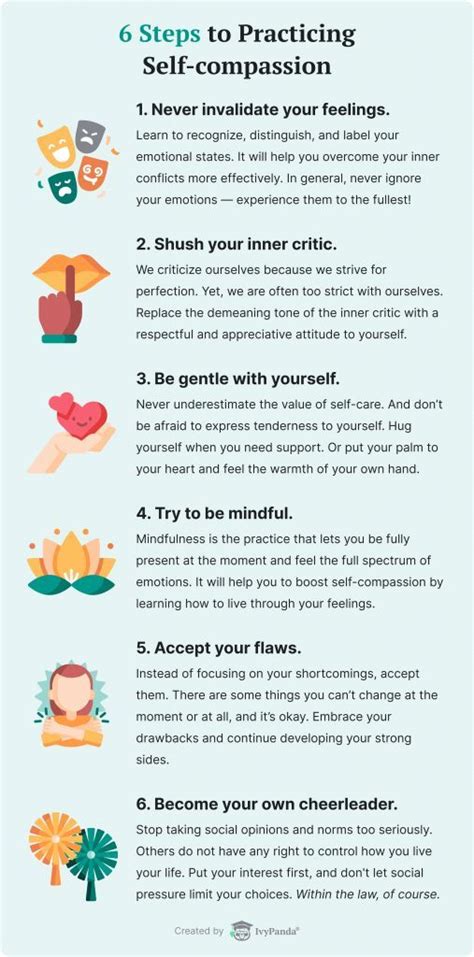Navigating Life’s Inevitable Storms: Building a Resilient Mindset
Life is a complex journey, often characterized by unforeseen twists and turns. Setbacks, whether minor annoyances or significant crises, are an undeniable part of the human experience. While these moments can feel overwhelming, our ability to navigate them – and even grow from them – hinges on cultivating a resilient mindset. This isn’t about avoiding pain or pretending everything is fine; it’s about developing the inner strength and mental fortitude to bend without breaking, to learn, adapt, and eventually thrive despite adversity.
A resilient mindset allows us to view challenges not as insurmountable barriers, but as temporary obstacles or even valuable teachers. It empowers us to respond to stress and difficulty in healthy, constructive ways, rather than being paralyzed by fear or despair. The good news is that resilience isn’t an innate trait reserved for a select few; it’s a skill set that can be actively developed and strengthened over time.

Understanding the Essence of Resilience
At its core, resilience is the process of adapting well in the face of adversity, trauma, tragedy, threats, or significant sources of stress. It means ‘bouncing back’ from difficult experiences. However, it’s more than just recovery; true resilience often involves ‘bouncing forward’ – emerging from challenges with new insights, greater self-awareness, and enhanced capabilities. It’s about maintaining a sense of purpose and hope, even when circumstances are grim.
Why is Resilience So Important?
- Better Stress Management: Resilient individuals are better equipped to handle stress without succumbing to burnout or chronic anxiety.
- Enhanced Problem-Solving: They approach problems with a more constructive, solution-oriented perspective.
- Improved Mental Health: Resilience acts as a protective factor against depression and other mental health issues.
- Stronger Relationships: The ability to cope with personal setbacks can lead to more stable and supportive relationships.
- Greater Life Satisfaction: Those with a resilient mindset often report higher levels of happiness and fulfillment, even amidst life’s difficulties.

Practical Strategies to Cultivate Resilience
Developing a resilient mindset is an ongoing practice, much like building physical muscle. Here are several actionable strategies you can integrate into your daily life:
1. Embrace a Growth Mindset
Instead of viewing failures as proof of inadequacy, see them as opportunities for learning and growth. Understand that your abilities and intelligence can be developed through dedication and hard work. Ask yourself, “What can I learn from this?” rather than, “Why did this happen to me?”
2. Practice Self-Compassion
Be kind to yourself, especially during difficult times. Treat yourself with the same understanding and care you would offer a good friend. Acknowledge your pain, understand that suffering is part of the human experience, and refrain from harsh self-criticism.

3. Develop Problem-Solving Skills
When faced with a setback, break down the problem into smaller, manageable steps. Focus on what you can control, rather than dwelling on what you cannot. Brainstorm solutions, weigh their pros and cons, and take deliberate action. This proactive approach builds confidence and reduces feelings of helplessness.
4. Build a Strong Support System
Connect with people who uplift and support you. Share your feelings with trusted friends, family members, or mentors. Having a network of supportive individuals can provide perspective, emotional comfort, and practical help during challenging periods. Remember, asking for help is a sign of strength, not weakness.

5. Cultivate Realistic Optimism
While it’s important to acknowledge reality, a resilient mindset maintains a hopeful outlook. Focus on potential positive outcomes and believe in your ability to influence them. This isn’t about blind optimism, but a balanced view that recognizes difficulties while actively seeking pathways forward.
6. Practice Mindfulness and Stress Management
Techniques like meditation, deep breathing exercises, and yoga can help you stay present, manage stress, and gain perspective during difficult times. Regularly engaging in these practices can enhance your emotional regulation and mental clarity, making you less reactive to setbacks.
The Journey Towards Enduring Strength
Cultivating a resilient mindset is not a one-time achievement but a continuous journey. Each setback you encounter, and each strategy you employ to overcome it, strengthens your capacity for future challenges. It’s about learning to trust yourself, understanding your own capabilities, and developing a profound sense of inner stability that allows you to weather any storm. By intentionally practicing these strategies, you can transform adversity into a catalyst for profound personal growth and emerge stronger, wiser, and more capable than before.





